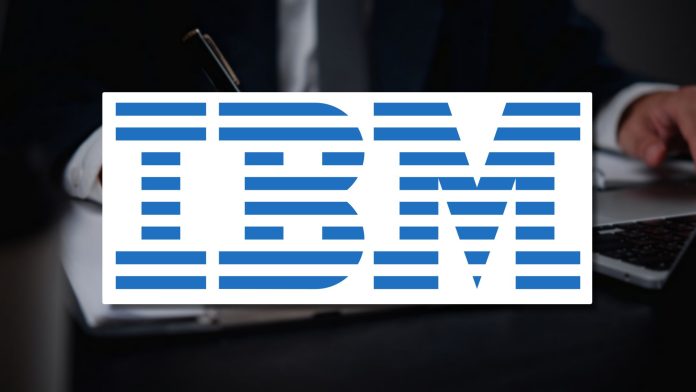In a significant advancement for small businesses navigating the complex landscape of tax compliance, IBM and the EY organization have unveiled EY.ai for tax, a cutting-edge solution powered by IBM’s watsonx technology. This collaboration aims to revolutionize how organizations manage tax compliance through enhanced automation and AI capabilities.
The pressing issues small businesses face in tax compliance—limited resources, an array of enterprise resource planning (ERP) systems, talent shortages, and intricate regulations—prompted this innovative approach. According to Martin Fiore, EY Americas Deputy Vice Chair – Tax, this initiative reflects a shift in how tax functions within organizations, transforming it from a mere administrative task into a vital component of value creation.
One of the standout features of EY.ai for tax is its ability to automate and streamline processes, thereby addressing the constraints that many businesses face. The three initial solutions offered under this framework are:
-
Intelligent Tax Data Lake: This solution leverages IBM watsonx.data and watsonx.ai to gather and consolidate data from various sources for tax filings. For businesses juggling numerous data points, the ability to automate data enrichment can significantly enhance the quality and reliability of tax-related information.
-
Detect and Correct with Business Documents: By utilizing IBM Research’s toolkit Docling, this solution extracts data from unstructured documents like invoices. This automated correction allows small businesses to handle a larger volume of source documents for tax determinations, reducing the manual labor involved in these processes.
- Withholding Tax Determinations: This solution automates the determination of correct withholding tax rates, allowing businesses to efficiently evaluate intercompany transactions. For small business owners, this can mean a quicker turnaround for financial decisions and compliance activities.
IBM’s own tax department has already implemented these solutions, aiming to save tens of thousands of hours annually while automating over 80% of its foreign tax compliance. Such savings are critical for small businesses that often operate with lean teams, where time spent on administrative tasks can detract from strategic growth activities. IBM Vice President and Chief Tax Officer Kanthi Morrissey noted that by harnessing these AI-driven capabilities, the tax department can devote more time to strategic work, enhancing overall productivity.
However, while the potential benefits of these solutions are clear, small business owners should also consider the challenges that may accompany the integration of AI into their tax processes. The initial investment in technology and training staff to use these tools could be a barrier for some small firms. Additionally, as businesses adopt these technologies, they will need to stay vigilant about data security and privacy—ensuring that sensitive financial information remains protected against breaches.
Moreover, the reliance on AI for tax compliance may require small business owners to engage in ongoing learning to navigate the complexities of AI-driven systems. As these technologies continue to evolve, regular updates and training may be necessary to fully leverage their capabilities.
As IBM and EY look to expand these offerings, small businesses stand to gain a competitive edge by adopting such innovative solutions. The combination of AI with expert insights positions tax compliance as a streamlined process, rather than an overwhelming weight on an already stretched team.
For those interested in exploring EY.ai for tax or wanting to learn more about its applications in the small business landscape, additional information can be found at EY’s official page. This initiative stands as a testament to how technology can effectively address the intricate challenges of tax compliance, allowing small businesses to focus on growth and strategic initiatives rather than drowning in paperwork.
As small business owners contemplate the integration of AI in their compliance efforts, the partnership between IBM and EY serves as a noteworthy example of how technology can transform traditional functions into drivers of business value.
Image Via Envato: donut3771



